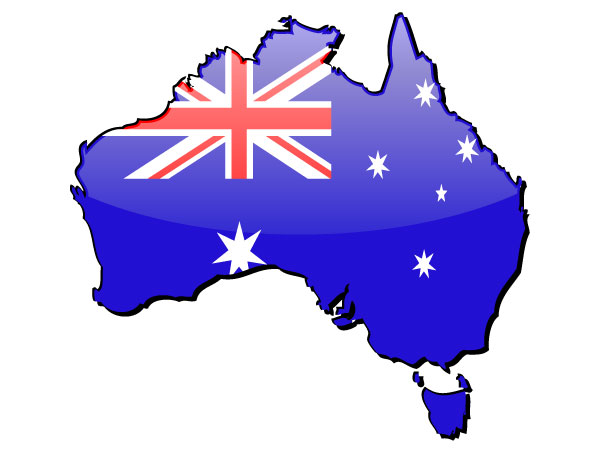Australians face off over kangaroo cull
 Sydney - There were ugly scenes at a Canberra military base where famished kangaroos were being picked off to prevent the whole mob from starving to death.
Sydney - There were ugly scenes at a Canberra military base where famished kangaroos were being picked off to prevent the whole mob from starving to death.
Protesters, angry that financial considerations sank a Defence Force relocation plan, have been arrested trying to stop the slaughter.
Australians either applaud the mercy killings or rage against them. To some, it's just pest control; to others, a sacred national symbol is being cut down in cold blood.
A caller to a Canberra radio station urged on the sharpshooters - and even recommended that bleeding-heart animal liberationists get the same treatment.
Hundreds of kangaroos are run over and killed on the nation's roads every day, and millions are shot for their meat every year, but the fate of the Canberra 400 has stirred everyone from Prime Minister Kevin Rudd to former Beatle Paul McCartney.
"There is an urgent need for action to protect kangaroos from a barbaric industry, which slaughters them for meat and leather," a posting from McCartney on the website of the London-based animal welfare group Viva! said in March.
Former environment minister and wildlife sanctuary owner Barry Cohen argued in favour of the industry because kangaroos are in plague proportions, have few natural predators and can do lots of damage when their numbers are out of hand.
"Tragically, the campaign waged by McCartney and Viva! diverts attention from the genuinely endangered species," Cohen said. "There is no nice way to kill an animal, but the method proposed is as humane as possible."
Estimates vary, but there are probably around 50 million kangaroos in Australia - more than there were when European colonization began in 1788. They have prospered because of increased pasture and access to the waterholes that farmers dig.
Unlike cattle and sheep, they are not farmed but roam wild. Conservationists argued that it would be better to farm kangaroos than the introduced species like cattle and sheep.
Kangaroo Industry of Australia spokesman John Kelly concurred that the kangaroo gives the top cut and is the best for the wide brown land.
"It's the most organic animal there is," he said. "The RSPCA [the international animal welfare lobby group] are on record as saying that the kangaroo-harvesting system is probably the most humane way of producing red meat there is."
The Royal Society for the Prevention of Cruelty to Animals said there have been four major government reports and all have said that the annual quota is so small that the kangaroo industry has no impact on numbers.
Public sentiment, however stopped the Defence Force two years ago from following the society's advice and killing its surplus kangaroos. In March, it said it was looking at a relocation programme but bridled when the cost was put at more than 3.5 million Australian dollars (3.3 million US dollars). Last week, it ordered the cull to go ahead.
Animal Liberation spokeswoman Angie Stephenson told reporters covering the stand-off at the 200-hectare military base that she estimated the relocation would cost
750,000 Australian dollars and that some of the money had already been raised.
"We have begun contacting our members and are trying to contact Paul McCartney to help us raise the money," she said.
Australia's image is on the line, and television footage of dead kangaroos could hurt its tourist industry.
Pat O'Brien, a spokesman for the National Kangaroo Protection Coalition, is hoping to play on this fear to get the cull stopped. He compared the kangaroo cull with Japanese whaling in the Great Southern Ocean.
An image of the kangaroo is on the coat of arms and on the tails of Qantas aircraft. Like the koala, it's a cuddly animal when it's small and it seldom does harm to people. It's photogenic. It's a totem.
Some are predicting that if protesters clash with police and nasty pictures flash around the world, there would be another reprieve for the Canberra 400. Many animal lovers said they hope that this time, the Defence Force will hold firm to such an outcome. (dpa)